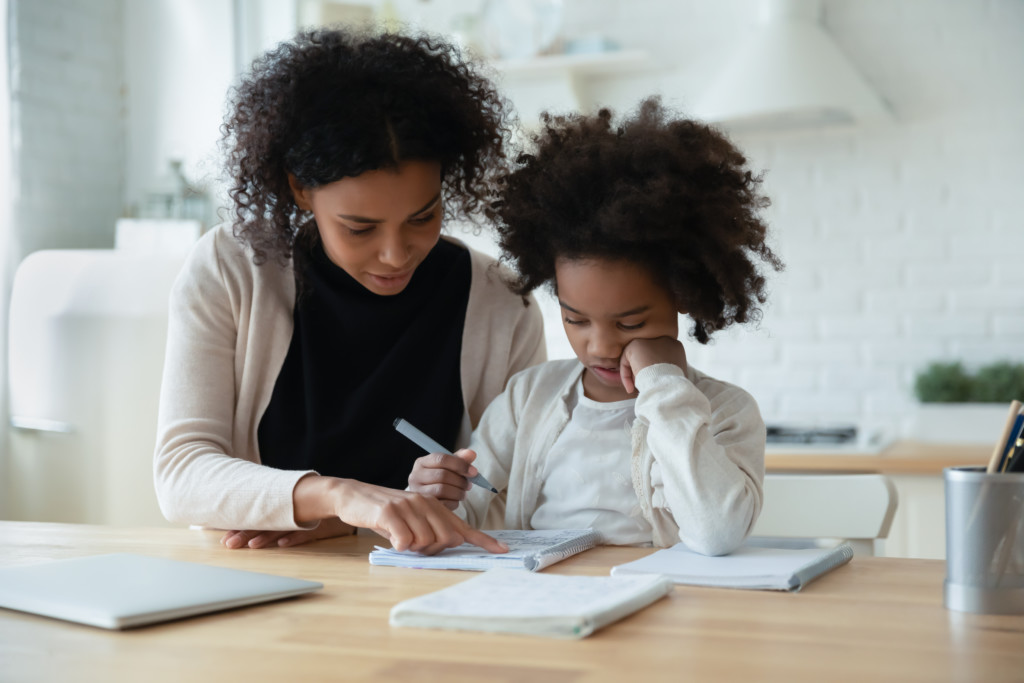 For those of us not living in Florida, the story we keep hearing is that y’all have kept your schools open full time while the rest of the country has shuttered theirs. That would appear to make the Sunshine State less fertile ground for hybrid homeschooling, as there appears to be a strong appetite for sending children to school five days a week.
For those of us not living in Florida, the story we keep hearing is that y’all have kept your schools open full time while the rest of the country has shuttered theirs. That would appear to make the Sunshine State less fertile ground for hybrid homeschooling, as there appears to be a strong appetite for sending children to school five days a week.
Since many of you might not have experienced it, schedules have been altered in schools across the country to have students in class part time and at home part time to comply with social distancing guidelines. The practice has gotten mixed reviews.
That makes it a precarious time for the launch of my new book, Hybrid Homeschooling: A Guide to the Future of Education. If we just had our big experiment in hybrid homeschooling, and that experiment failed, maybe I should have written about something else!
To cut to the chase, I don’t think that is true.
First off, our polling has shown that parents are still super interested in hybrid homeschooling models, and are interested in the idea of flexible schedules going forward. But, more than that, the schools that I profiled in the book (that were traditional public schools, public charter schools, and private schools) were hybrid homeschooling before the pandemic started—social distancing had nothing to do with it.
Real hybrid homeschooling is not done on the fly or grafted onto schools that were built to operate differently. Good hybrid homeschooling programs need to be built from the ground up and designed from the start to foster the kinds of pedagogical practices that can make the most of part-time in-person schooling.
Hybrid homeschooling has a lot going for it. In interviews with families and educators, participants spoke of tight-knit communities, supportive learning environments, and a rhythm that better matches the needs of children. Families are more in control, and educators are real partners in helping children learn and grow. There is less pressure from day to day, as no one person or institution is solely responsible for what a child learns. The adults lean on each other.
But even if I am wrong, and five-day-per-week education will be the dominant form of education in Florida, that doesn’t mean that Florida educators can’t learn lessons from hybrid homeschools.
Any and every school in America should ask itself tough questions about how it uses the limited time that it has with students. Is it really making the most of every week, day, and hour? Is the school wasting time or energy with pointless busywork or administrivia? Are disruptions interrupting learning?
But more than examining what goes on in school, educators need to ask if their schools are in sync with the rhythms of family life and the needs of the young people who attend them. Are students, for example, pursuing a schedule that causes them to fill their afterschool time with extracurricular activities and then homework that prevents them from being able to spend quality time with their families?
And on the topic of homework, are schools assigning useful homework that is helping students better master subject matter, or are students limping through it after a long day, getting it done, but not improving in any way their knowledge or skills as a result?
Schools also need to think about how they work (or don’t work) with parents.
Many hybrid homeschools are tight-knit communities that foster real cooperation between parents and teachers. Sure, it takes some relationship management, and some grace and charity from both sides, but when lines of communication are open and there is a high level of trust between parents and teachers, amazing things can happen.
Students can be enmeshed in a coherent educational environment that bridges home and school, where educators reinforce what parents are doing and parents reinforce what educators are doing. While it takes work, such environments are amazing places in which to teach, as teachers know that parents have their back, and vice versa.
I am bullish on hybrid homeschooling. After listen to those who do it, it is hard not to be. But, even if hybrid homeschooling isn’t for you, it might be worth taking a page or two out of their book to make traditional schools happier and healthier places.


